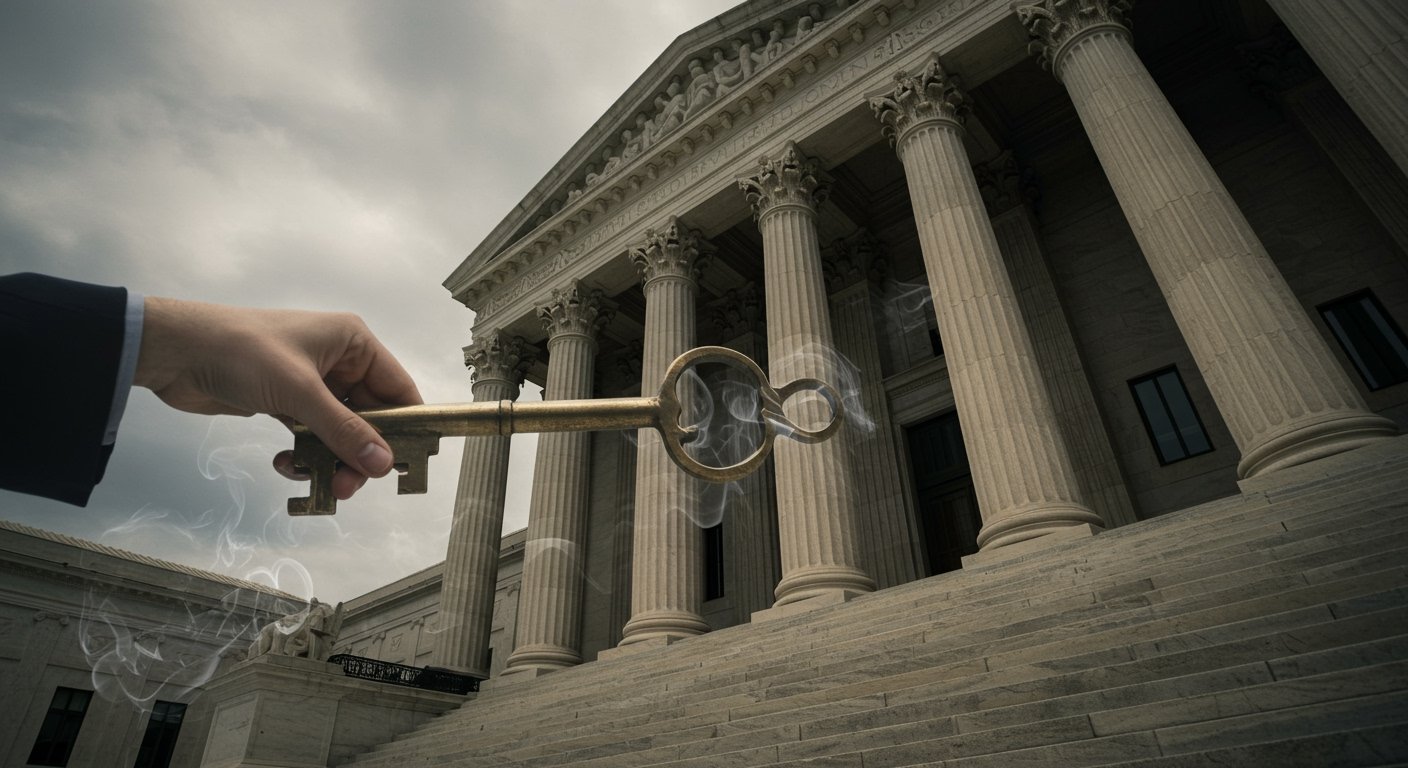Washington, D.C. – In a significant ruling affecting federal oversight of electronic cigarettes, the Supreme Court on Friday, June 21, 2025, significantly broadened the avenues through which vaping companies can legally challenge decisions made by the Food and Drug Administration (FDA) concerning the market authorization of their products.
The 7-2 decision is poised to provide e-cigarette manufacturers with greater leverage in selecting the judicial venue for lawsuits brought against the regulatory agency, a practice often referred to as “judge shopping.”
Landmark Case: R.J. Reynolds vs. FDA
At the heart of the high court’s deliberation was a case initiated by R.J. Reynolds Vapor Co., a prominent player in the e-cigarette market and the maker of Vuse Alto products. The company filed suit after the FDA refused to grant market authorization for two specific Vuse Alto flavors: berry and menthol.
The procedural strategy employed by R.J. Reynolds, while headquartered in North Carolina, was key to the case’s trajectory. The company joined forces with businesses based in Texas that sell its products, enabling them to file their lawsuit within the state of Texas.
The Fifth Circuit and Venue Selection
This strategic choice of venue led the case before the 5th U.S. Circuit Court of Appeals. That conservative appellate court had previously permitted the lawsuit to proceed, articulating a broad interpretation of legal standing by stating that any business demonstrably harmed by an FDA decision possessed the right to sue.
This stance directly challenged the FDA’s efforts to limit where companies could file such challenges, arguing against what it perceived as attempts by regulated entities to seek out potentially more favorable judicial forums – the aforementioned “judge shopping.”
Supreme Court Majority Affirms Broader Access
The Supreme Court’s majority opinion affirmed the position taken by the 5th Circuit, upholding the principle that businesses impacted by FDA regulatory actions should have wider access to courts for redress. The justices, in their 7-2 majority, effectively rejected the FDA’s argument that the companies were improperly selecting judicial districts specifically to find judges more sympathetic to their challenges.
The ruling did not delve into the merits of the FDA’s denial of the Vuse Alto flavors but focused squarely on the procedural question of where and how such challenges can be mounted. By upholding the 5th Circuit’s approach, the Supreme Court has signaled a potentially significant shift in the balance of power between federal regulatory agencies and the industries they oversee, particularly regarding the ease with which administrative decisions can be litigated.
Dissenting Voices on Venue Limitations
The decision was not unanimous. Justices Ketanji Brown Jackson and Sonia Sotomayor dissented from the majority opinion. Their dissent favored a more restrictive view on where such cases could be filed, aligning more closely with the FDA’s position that limiting venues helps prevent strategic court selection aimed at undermining regulatory authority.
The dissenting justices argued for a more limited interpretation of the statutes governing challenges to FDA decisions, suggesting that allowing companies to file suits in any district where they conduct business could lead to inconsistent rulings and make effective nationwide regulation more challenging for the agency.
Implications for FDA Authority and Industry Litigation
The ruling is expected to have far-reaching implications beyond the vaping industry. It could potentially embolden companies in other sectors regulated by powerful federal agencies, such as pharmaceuticals, medical devices, and food production, to adopt similar legal strategies when challenging unfavorable agency decisions.
Attorney Ryan Watson represented R.J. Reynolds in the case before the Supreme Court. His successful argument centered on the statutory rights of businesses to challenge federal agency actions that negatively impact their operations.
For the FDA, the decision means that it may face a greater number of legal challenges in a wider array of federal courts, potentially including those perceived as more skeptical of broad agency power. This could complicate the agency’s efforts to implement and enforce regulations designed to protect public health, including those aimed at curbing the use of flavored e-cigarettes which critics argue are appealing to young people.
Conversely, the vaping industry views the ruling as a necessary check on the FDA’s power, providing a crucial legal avenue to contest authorization denials that they believe are arbitrary or exceed the agency’s statutory authority. The increased flexibility in selecting where to file lawsuits could lead to quicker resolutions or more favorable outcomes for companies seeking to market products the FDA has questioned or denied.
In summary, the Supreme Court’s 7-2 ruling on June 21, 2025, marks a pivotal moment for federal administrative law and the industries it governs. It reinforces the principle of judicial review while simultaneously expanding the strategic options available to regulated entities looking to challenge agency actions, potentially leading to a new wave of litigation against the FDA and other federal bodies.






